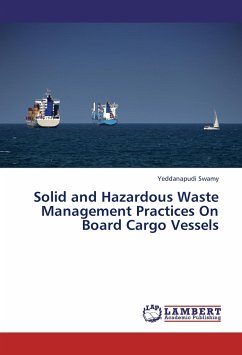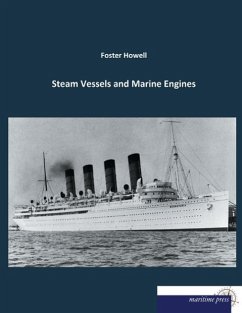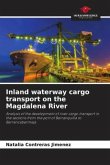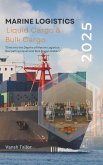Shipping industry is vital for global economy with around 50,000 ships above 500GRT, carrying almost 90% of world trade and over eight billion tons of seaborne cargo every year. Ships emit a number of operational discharges/emissions to the sea and to environment, and these are a growing source of pollutions. To mitigate these pollutant impacts, International Convention for the Prevention of Pollution from Ships, imposes numerous operational and technical requirements on ships. One such important pollution prevention activity is control of various categories of solid and hazardous wastes, also referred as garbage, generated on board. The most recent MARPOL Annex V, strictly prohibits all discharges of waste from ships into sea and also imposes one important obligation to the member states to provide adequate port reception facilities for ship generated hazardous waste, without causing undue delay to the operations. Nonetheless, main stake holders, i.e. crew on board, charter party, ship owner and port authorities, are the key role players, who can actually make the vision of 'zero discharges' to sea a reality, thus keeping world oceans and beaches clean for future generation.
Bitte wählen Sie Ihr Anliegen aus.
Rechnungen
Retourenschein anfordern
Bestellstatus
Storno








